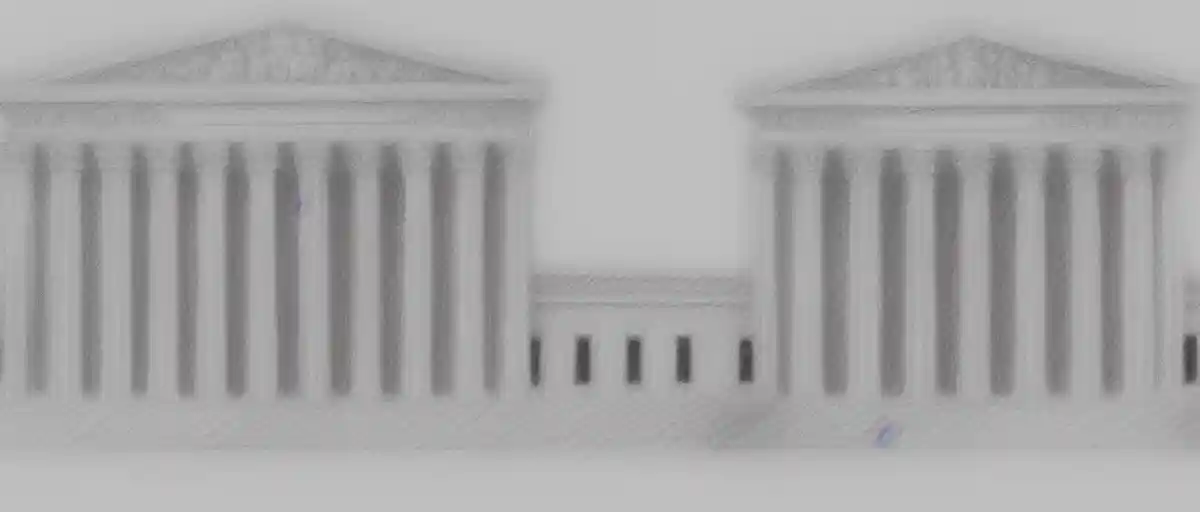This Could Be Of Interest To You Too:
The recent Supreme Court ruling in Brnovich v. Democratic National Committee has sparked heated debates about the role of state legislators in determining election laws and safeguarding voting rights. The court declared that even if state laws may impact voting rights, state legislatures have ultimate authority over election laws. Some see this as a victory for states’ rights and the integrity of the electoral process, while others view it as a setback for voting rights and minority communities.
To open up the discussion, proponents of the Supreme Court’s ruling argue that it upholds the principle of federalism and prevents federal overreach in state elections. They claim that state legislators know their constituents best and are responsible for protecting the integrity of elections in their state. Moreover, they argue that voter ID laws, out-of-precinct voting restrictions, and bans on ballot collection are reasonable measures to prevent election fraud and ensure that only eligible voters cast their ballots.
On the flip side, opponents of the ruling view it as a regression in the fight for voting rights and equal access to the ballot box. They argue that these laws disproportionately affect minority voters, specifically those who frequently move or live in remote areas. Placing further restrictions on voting methods and penalizing innocent mistakes will only serve to suppress the vote and disenfranchise marginalized communities. Furthermore, they contend that the Supreme Court’s decision undermines the Voting Rights Act’s protections against racially discriminatory voting practices.
In the end, the Brnovich v. Democratic National Committee decision highlights the difficult balancing act between safeguarding election integrity and ensuring access to the ballot box for all eligible voters. While it is crucial to maintain the credibility of elections, it is equally important to protect the fundamental right to vote and eliminate discriminatory voting practices. In light of this ruling, state legislators must be held accountable for enacting laws that protect voting rights and are not intended to suppress the vote. Ultimately, ensuring free and fair elections requires a commitment to both election security and voter access.
Here's A Video We Thought You Might Also Like:
Author Profile

- With a passion for education, I'm committed to highlighting the challenges and triumphs in our school systems, as well as the political policies that influence them. Together, let's build a brighter future for our children through informed discussions.
Latest entries
 Breaking News2023.12.18Congress Is the Most Hated Leader in America – Unnerving Poll Results Reveal!
Breaking News2023.12.18Congress Is the Most Hated Leader in America – Unnerving Poll Results Reveal! Breaking News2023.12.16Former Democratic Donor Turned GOP Critic Unleashes Scathing Critique on Republican Failures
Breaking News2023.12.16Former Democratic Donor Turned GOP Critic Unleashes Scathing Critique on Republican Failures Breaking News2023.12.15Explosive Claim McCarthy Labels Gaetz Psychotic Amidst Investigation
Breaking News2023.12.15Explosive Claim McCarthy Labels Gaetz Psychotic Amidst Investigation Breaking News2023.12.14Incredulous Allegations Surface in DOJ Prosecutor’s Deposition, Exposing Potential Bias and Meddling!
Breaking News2023.12.14Incredulous Allegations Surface in DOJ Prosecutor’s Deposition, Exposing Potential Bias and Meddling!






